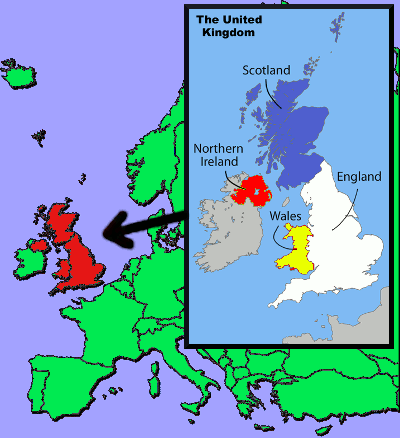
Circle the area on this map

A. In 1973, Britain, Denmark and Ireland became the first nations to join the six – Belgium, France, Italy, Luxembourg, the Netherlands and West Germany – which founded the organization in 1958. The EU is a "single market" allowing goods and people to move around as if the member states were one country.
D. They say the EU imposes too many rules on business and charges billions each year in membership fees for little in return. They also want Britain to take back full control of its borders and reduce the number of people coming from other EU nations to live and/or work in the United Kingdom.
C. Scotland’s voters rejected independence from a union formed when the parliaments of England and Scotland created the Kingdom of Great Britain in 1707. But, some politicians recently warned that the independence movement could be revived if Britain leaves the EU.
B. People lived in small settlements in the area near the Thames River thousands of years before Romans established the city of Londinium after they invaded Britain in 43 AD. Many business leaders fear that leaving the EU could hurt the nation’s economy and London’s role as a global financial center.